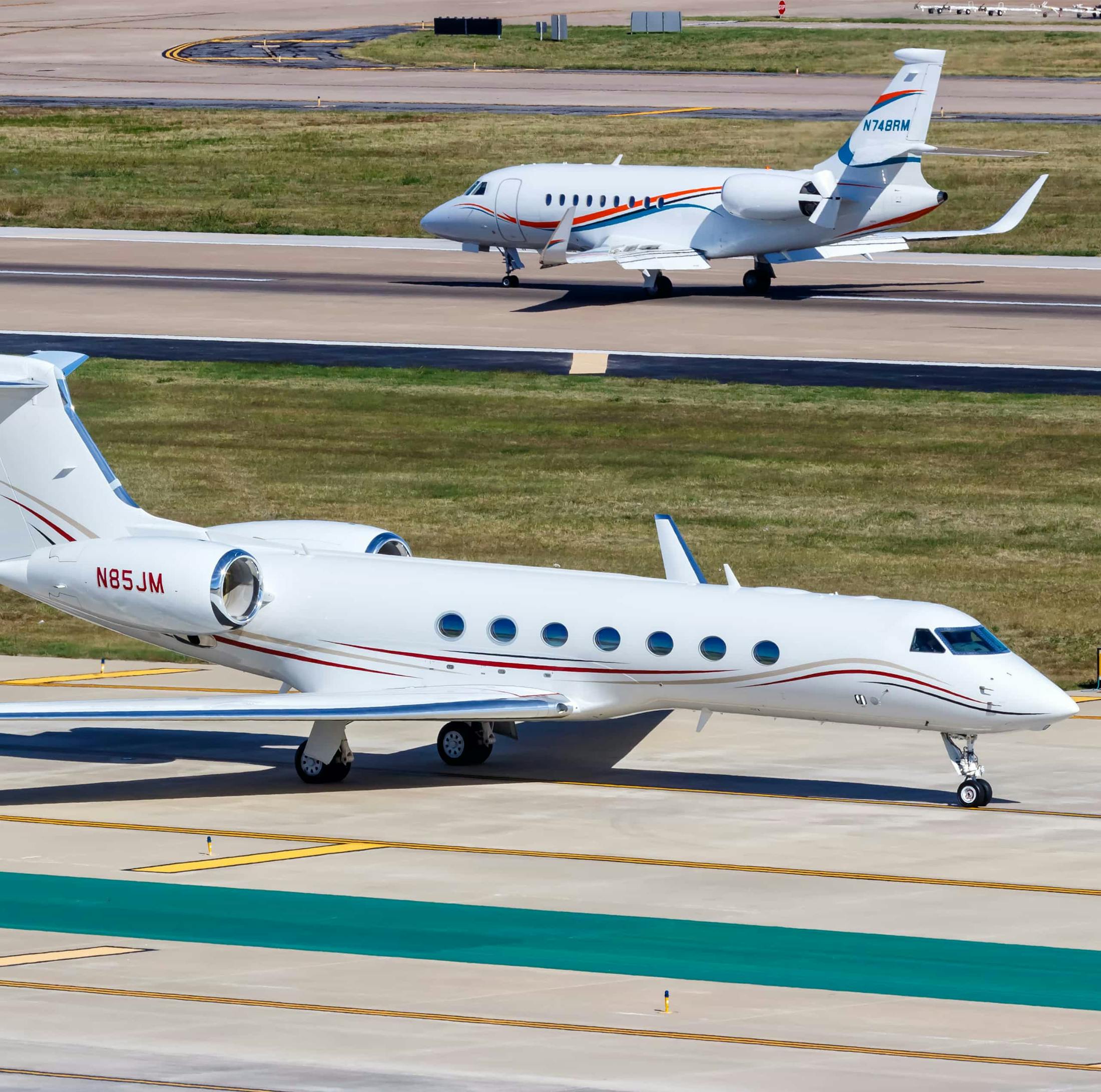If you or a loved one has been involved in an airplane accident, our supportive legal team will protect your rights and ensure you receive proper compensation.
Our Approach
Airplane accidents can be devastating, resulting in serious injuries or even death. Nothing can replace a lost life, and beyond the physical and emotional toll, victims and their families often also face financial burdens such as medical bills, lost wages, and funeral expenses. Our Houston airplane accident lawyers help victims and their families seek compensation for their losses. Depending on the circumstances of the accident, Davis Law Group can handle a personal injury or wrongful death lawsuit against the airline, the plane or parts manufacturer, or other parties who may be responsible for the accident.





